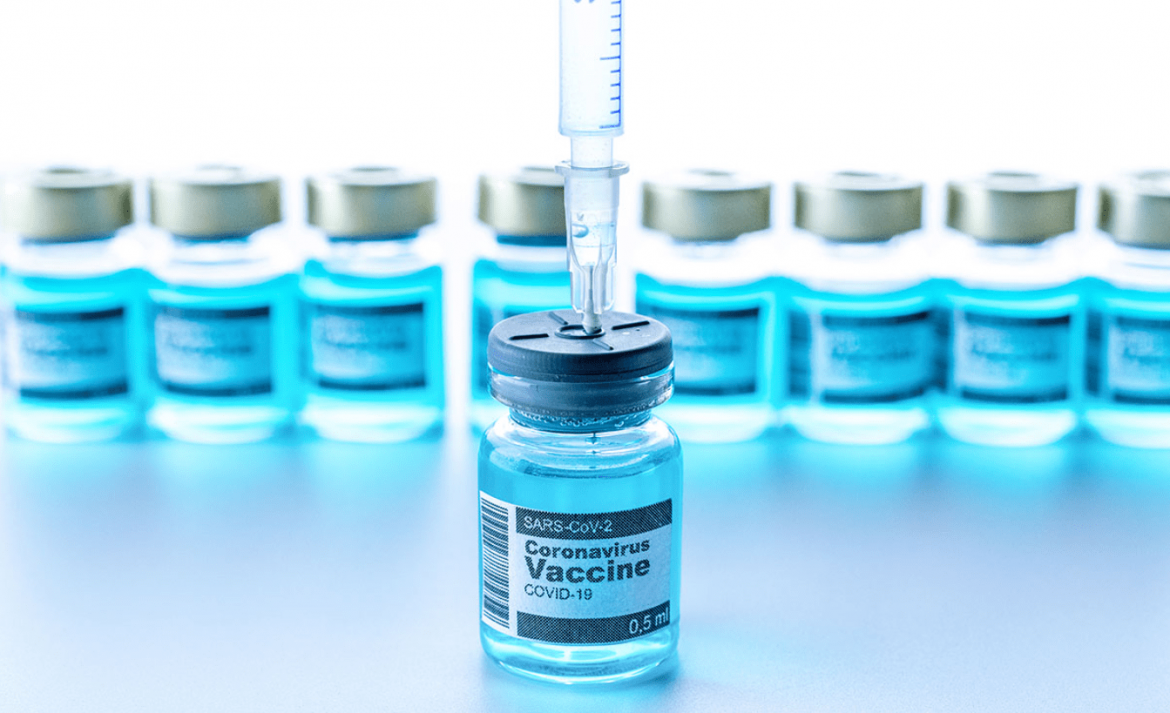Pfizer: Leading the Charge in the Fight Against COVID-19
The COVID-19 pandemic has impacted the world in unprecedented ways, causing widespread illness, death, and economic disruption. The development of a vaccine has been a critical step in the fight against the virus, and Pfizer has been at the forefront of this effort. In this article, we will examine the science behind the Pfizer-BioNTech COVID-19 vaccine, its efficacy, and its potential impact on the pandemic.
The Science Behind the Vaccine
The Pfizer-BioNTech COVID-19 vaccine is an mRNA vaccine that works by instructing cells to produce a protein found on the surface of the SARS-CoV-2 virus. This protein triggers an immune response, which helps the body recognize and fight the virus if it is encountered in the future. The vaccine does not contain live virus, and cannot cause COVID-19.
The vaccine requires two doses, given three weeks apart, to achieve maximum efficacy. It must be stored at ultra-cold temperatures (-70°C), which presents logistical challenges for distribution and administration.
Efficacy and Safety
Clinical trials have shown that the Pfizer-BioNTech COVID-19 vaccine is highly effective, with an efficacy rate of 95%. This means that out of 100 people who receive the vaccine, 95 are protected from COVID-19. The vaccine has also been shown to be safe, with no serious side effects reported. Common side effects include pain at the injection site, fatigue, and headache.
Pfizer-BioNTech COVID-19 Vaccine Efficacy
| Number of People in Study | Number of People Who Developed COVID-19 | Efficacy Rate |
| 43,448 | 170 (placebo group) | 95% |
Impact on the Pandemic
The Pfizer-BioNTech COVID-19 vaccine has the potential to make a significant impact on the pandemic. Vaccines are a critical tool in controlling the spread of infectious diseases, and widespread vaccination is key to achieving herd immunity. Herd immunity occurs when enough people in a population are immune to a disease, either through vaccination or prior infection, that the spread of the disease is significantly reduced.
The distribution and administration of the vaccine will be a complex and challenging process, but Pfizer is working closely with governments and healthcare providers to ensure that the vaccine is delivered safely and efficiently.
Frequently Asked Questions about Pfizer’s COVID-19 Vaccine
What is mRNA, and how does it work in the Pfizer vaccine?
Messenger RNA (mRNA) is a type of genetic material that carries instructions from DNA to cells’ protein-making machinery. The Pfizer vaccine uses a small piece of mRNA that codes for the spike protein found on the surface of the SARS-CoV-2 virus that causes COVID-19. When the vaccine is injected into a person’s arm, the mRNA enters cells and instructs them to make the spike protein. The immune system recognizes the spike protein as foreign and mounts an immune response against it. This immune response prepares the body to fight off the virus if it encounters it in the future.
How effective is the Pfizer vaccine?
In clinical trials, the Pfizer vaccine was found to be about 95% effective at preventing COVID-19. This means that people who received the vaccine were about 95% less likely to get COVID-19 than people who received a placebo. The vaccine was also shown to be effective at preventing severe disease, hospitalization, and death.
What are the side effects of the Pfizer vaccine?
The most common side effects of the Pfizer vaccine are pain and swelling at the injection site, as well as fever, fatigue, and headache. These side effects are usually mild to moderate and go away on their own within a few days. Some people may experience more severe side effects, such as allergic reactions, but these are rare.
Who can get the Pfizer vaccine?
The Pfizer vaccine has been authorized for emergency use in people aged 16 and older. However, it may not be recommended for certain groups of people, such as pregnant or breastfeeding women, people with a history of severe allergic reactions, and people who are immunocompromised. It is important to talk to your doctor to determine if the vaccine is right for you.
How is the Pfizer vaccine stored and administered?
The Pfizer vaccine must be stored at ultra-cold temperatures of -70°C (-94°F) until it is ready to be used. Once it is thawed, it can be stored at normal refrigerator temperatures for up to five days. The vaccine is administered as a series of two injections, given three weeks apart.
Conclusion
The Pfizer-BioNTech COVID-19 vaccine represents a major breakthrough in the fight against the pandemic. Its high efficacy and safety profile make it a valuable tool in controlling the spread of the virus and protecting public health. As distribution and administration efforts continue, it is hoped that the vaccine will help bring an end to the pandemic and allow societies to return to a sense of normalcy.
Sources:
- Pfizer-BioNTech COVID-19 Vaccine Overview. Pfizer. https://www.pfizer.com/science/coronavirus/vaccine
- Polack, F. P., Thomas, S. J., Kitchin, N., et al. (2020). Safety and Efficacy of the BNT162b2 mRNA Covid-19 Vaccine. New England Journal of Medicine, 383(27), 2603-2615.
- Herd Immunity and COVID-19 (Coronavirus): What You Need to Know. Mayo Clinic. https://www.mayoclinic.org/diseases-conditions/coronavirus/in-depth/herd-immunity-and-coronavirus/art-20486808



